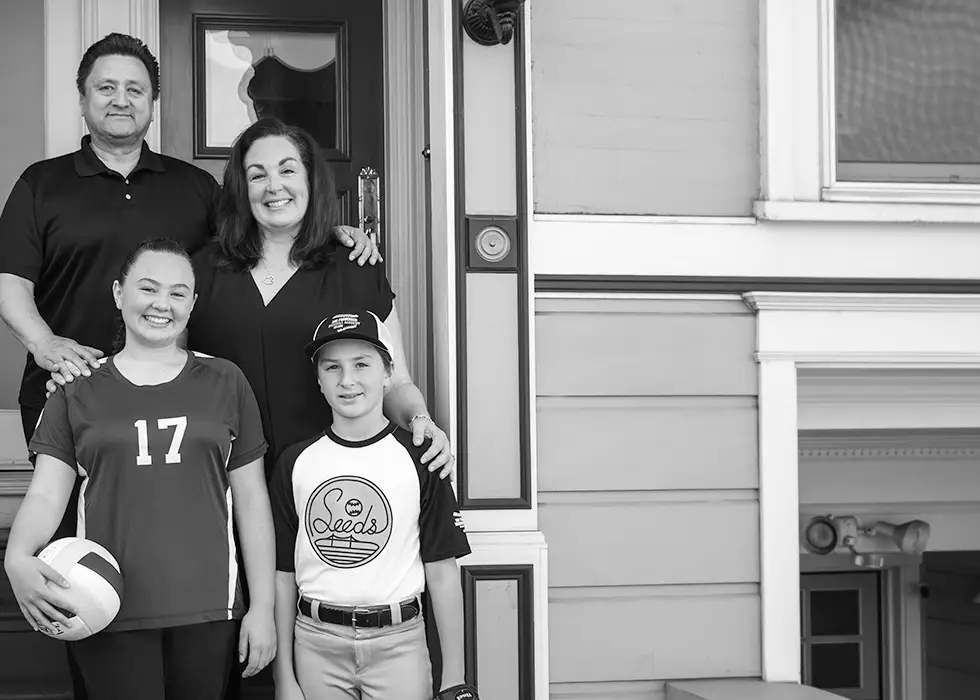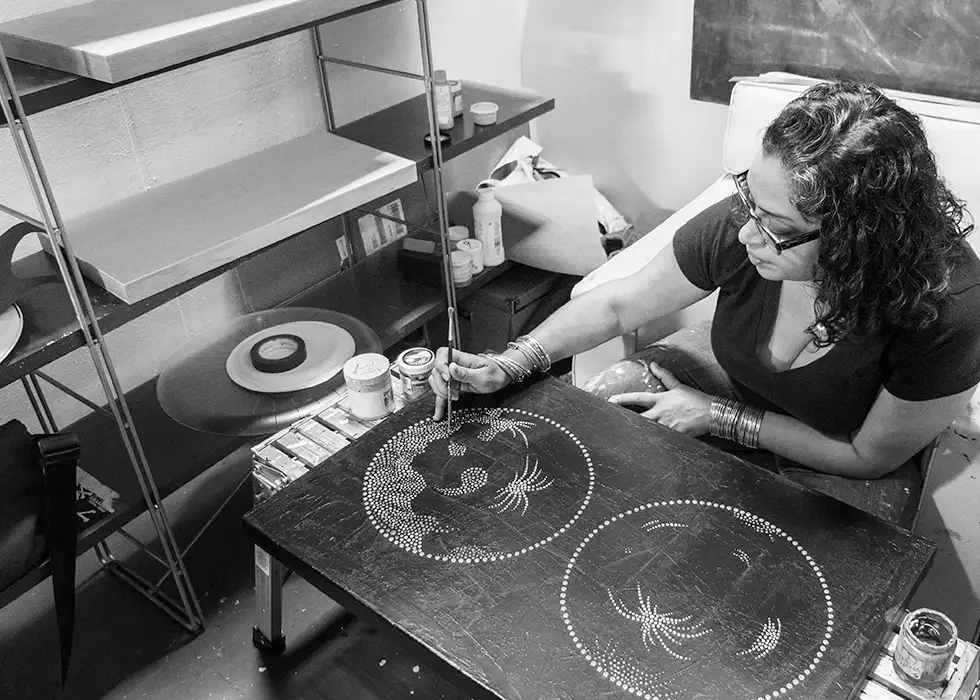How Much House Can I Afford?
Buying a house can be a dream come true for many people, but it can quickly turn into a financial nightmare if you get in over your head.
Buying a house that’s out of your price range or budget, can leave you with monthly mortgage payments that cause more stress than joy.
Use this quick calculator to find out how much home you can afford. And keep reading to understand the details in calculating how much home you can afford.
How much home can I afford based on my salary?
The easiest way to figure out how much home you can actually afford is to use the 25% rule. Simply put, the 25% rule says that you should never spend more than 25% of your monthly take-home pay (after tax) on mortgage payments.
Your 25% limit should include everything related to your home. Principal, interest, property taxes, home insurance, private mortgage insurance (PMI).
That’s a lot, we know. But don’t worry, we’ve got you covered. Use this calculator to factor in all of those numbers and figure out what you can realistically afford.
What about my debt-to-income ratio?
When you apply for a mortgage, your lender will look at your debt-to-income ratio (DTI), which is your total monthly debt payments divided by your gross monthly income – income before tax. This debt-to-income ratio is written as a percentage.
Typically, lenders will use the 28/36 rule to determine a healthy DTI. The 28/36 rule means that you’re not spending more than 28% of your gross monthly income on mortgage payments, and no more than 36% on total debt payments – including mortgage, student loans, car payments, and credit card debt.
If your debt-to-income ratio (DTI) is higher than the 28/36 rule, some lenders could still approve your mortgage application. But you’ll likely get a home loan with higher interest rates and extra fees like mortgage insurance.
Don’t forget about closing costs
The down payment isn’t the only upfront cost you’ll need to consider before you get the keys to your dream home. You’ll want to factor in closing costs when figuring out how much home you can afford.
On average, closing costs range from 3 – 4% of the purchase price. Your lender and real estate agent will let you know exactly how much your closing costs are so you’ll be ready.
Closing costs cover parts of the homebuying process, such as:
- Appraisal fees
- Home inspections
- Credit reports
- Attorneys
- Home insurance
When you’re trying to figure out the total cost to purchase your home, don’t forget to include the closing costs. Multiply the price of the home by 4% and add that to how much you can afford for a down payment.
Consider the costs of owning a home
Owning a home can come with some unexpected expenses. But hopefully you have an emergency fund in place to cover those.
If you’re a first-time homeowner, you might not realize the other costs that come with homeownership. These can include:
- Increased utility bills. Usually, utility bills for a home are higher than when you’re renting an apartment or smaller space. On average, if you’re paying $100 - $150 on utilities while renting, you could expect those bills to bump up to around $400.
- Maintenance and repairs. Maintenance and repairs include things like landscaping, pest control, and HVAC tune-ups.
- Upgrades and additions. If you’re planning on upgrading the kitchen in your new home or increasing the square footage with additions, you’ll need to start including the costs of those into your monthly budget.
Save for a big down payment
The amount of your down payment has a big impact on how much home you can afford. The larger the down payment, the smaller the loan amount that needs to be financed.
A larger down payment means lower mortgage payments and a shorter loan-length.
While saving up for a 20% down payment is ideal, you can still buy a home with 10% down (or less). A lower down payment, however, means that you’ll probably have to pay for private mortgage insurance (PMI), which will add to your monthly mortgage payments.
Know which mortgage is right for you
There are many types of mortgages (ARM, FHA, VA, USDA), but the most common are probably a fixed-rate conventional loan and a 15-year term loan.
Here’s a short breakdown of each:
- Fixed-rate conventional loan. With this option, your interest rate is secure for the life of the loan, so you don’t have to worry about market fluctuations.
- 15-year term. Your monthly payments will be higher with a 15-year term, but it could be worth it as long as you know you can make the payments. You’ll pay off your mortgage much faster and save on interest payments.
If you have more questions about types of mortgages, check out the articles in the Buying a Home section of our Learning Center.
The bottom line
Buying a home is a huge milestone for a lot of people, but it could quickly turn into a massive regret if you buy more home than you can actually afford.
Use your monthly take-home pay to figure out how much home is within your budget, figure out your debt-to-income ratio. Don’t forget about closing costs and other costs associated with owning a home.
Ready to start your homebuying journey? Our Real Estate Lending Agents are here to help. You can also check out these free homebuying webinars and sign up to stay in the loop for upcoming topics.




